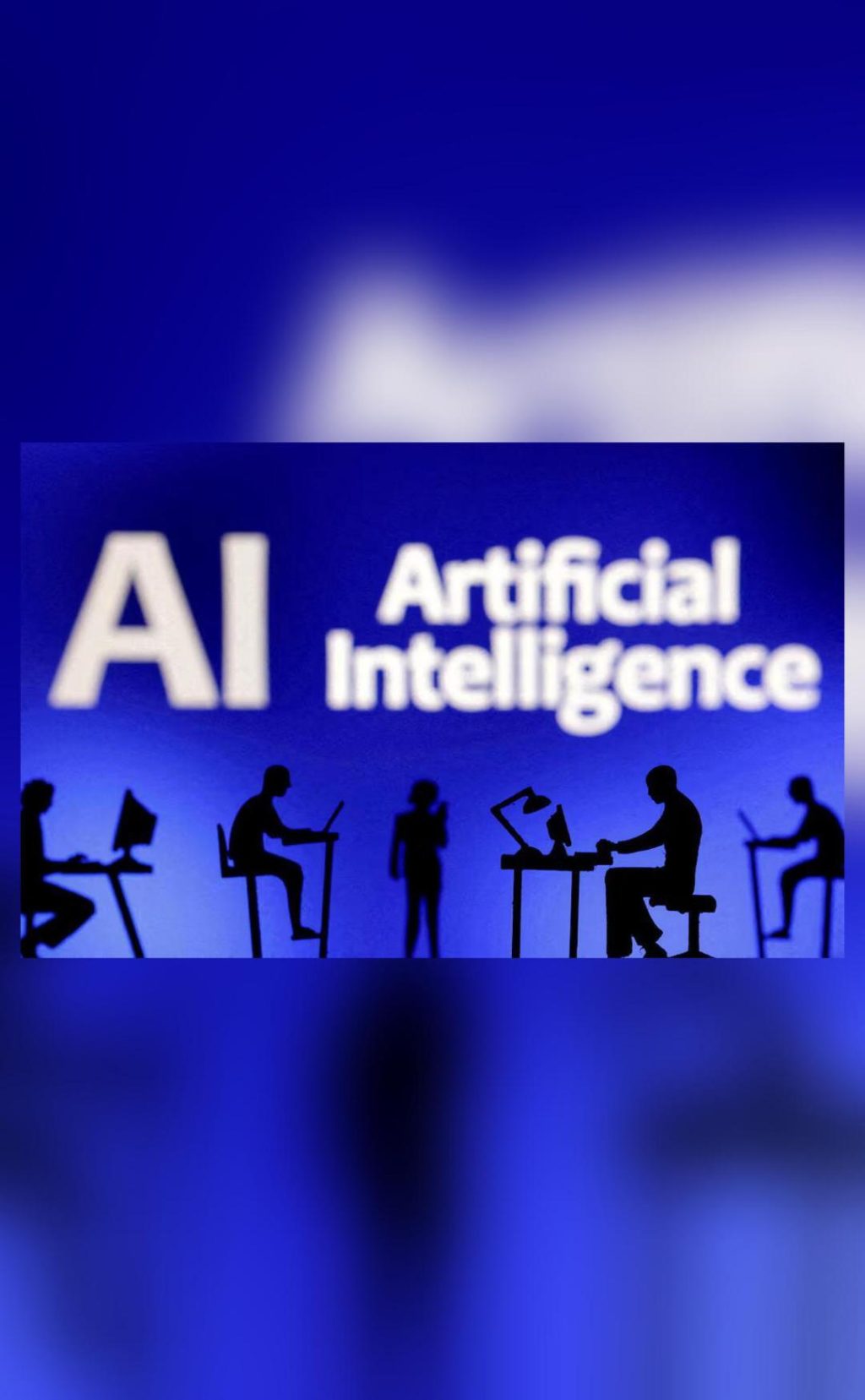
Using AI Tools Slows Down Some Experienced Techies: Study
As Artificial Intelligence (AI) continues to transform the way we work, developers are relying more and more on AI-powered tools to streamline their workflow and increase productivity. However, a recent study has raised concerns about the impact of AI on experienced software developers. According to the study, using AI tools can actually slow down some experienced techies when working on codebases that are familiar to them.
The study, conducted by AI research nonprofit METR, examined the effects of using AI tools on task completion time among experienced software developers. The researchers found that, surprisingly, using AI-powered tools increased task completion time by 19% in some cases. This is a significant departure from the developers’ own estimates, which predicted that AI would decrease task completion time by 24-20%.
So, what’s behind this unexpected finding? And what does it mean for the future of AI adoption in the tech industry?
The Study’s Methodology
The METR study involved recruiting 100 experienced software developers who were familiar with the codebases they worked on. Half of the participants were given access to an AI-powered tool called Cursor, which is designed to assist developers in writing and debugging code. The other half were given a control group, where they worked without the AI tool.
The participants were then tasked with completing a series of coding challenges, which were designed to mimic real-world development scenarios. The time taken to complete each challenge was recorded, and the results were analyzed to determine the impact of AI on task completion time.
The Surprising Results
The study’s findings were both surprising and thought-provoking. While the developers had predicted that AI would speed up their workflow, the results showed that using Cursor actually increased task completion time by 19%. This suggests that, for experienced developers at least, AI may not always be the productivity boost that it’s often touted to be.
But why did this happen? The researchers suggest that there are several possible explanations. For one, experienced developers may be so familiar with the codebases they work on that they’re able to complete tasks quickly and efficiently without the need for AI assistance. In this case, the AI tool may actually slow them down by introducing an extra layer of complexity and overhead.
Another possibility is that the AI tool’s predictions and suggestions may not always be accurate or relevant, which can lead to developers spending more time double-checking and verifying the code. This can be particularly true in cases where the AI tool’s suggestions conflict with the developer’s own expertise and judgment.
Implications for the Tech Industry
So, what does this study mean for the future of AI adoption in the tech industry? For one, it suggests that AI is not a one-size-fits-all solution. While AI can be incredibly valuable for developers who are new to a codebase or working on complex, unfamiliar projects, it may not always be the best choice for experienced developers working on familiar codebases.
It also highlights the importance of research and testing in the development of AI tools. While AI-powered tools can be incredibly powerful, they’re only as good as the data they’re trained on and the algorithms they use. As such, it’s essential that developers and researchers work together to ensure that AI tools are designed and tested with the needs of developers in mind.
Finally, the study underscores the importance of human judgment and expertise in software development. While AI can be incredibly useful, it’s not a replacement for human ingenuity and creativity. Experienced developers bring a level of expertise and understanding to their work that AI tools can’t replicate, and it’s essential that we continue to value and support their contributions to the tech industry.
Conclusion
In conclusion, the METR study’s findings highlight the complex and nuanced relationship between AI and human developers. While AI has the potential to revolutionize the way we work, it’s essential that we approach its adoption with a critical and nuanced perspective.
By understanding the limitations and potential drawbacks of AI, we can ensure that it’s used in a way that benefits developers and the tech industry as a whole. And by continuing to value and support the contributions of experienced developers, we can ensure that AI is used in a way that complements and enhances their work, rather than replacing it.
Source:






